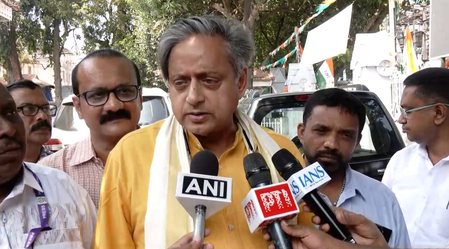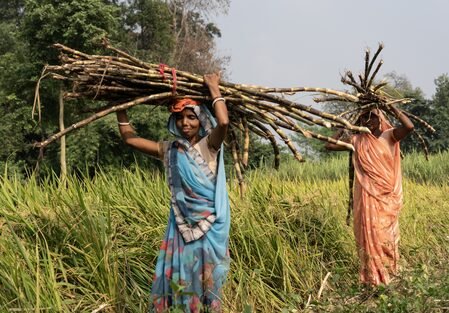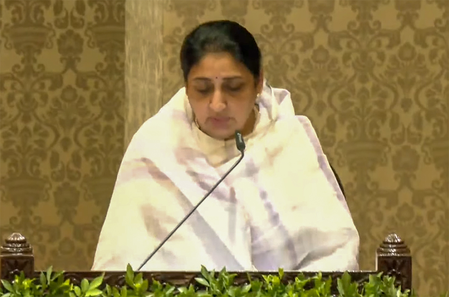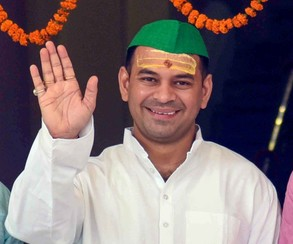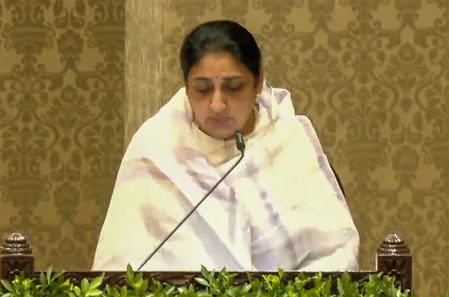Author: ReutersWed, 2017-03-29 03:00ID: 1490734566529985700LIBREVILLE/DAKAR: Charles Lekabi lived comfortably as a driver for an oil company in Gabon’s industrial town of Port Gentil until he was laid off three years ago.“Today, I struggle to pay my rent,” said Lekabi, who worked for French oil company Total for seven years before he was let go for economic reasons.“Since I was laid off, I bought a car to do taxi rides. At least with this car I can continue to feed my family.”A steep drop in oil prices in 2014 hit the oil industry worldwide. In Organization of the Petroleum Exporting Countries (OPEC) member Gabon, production is in decline, the recovery is slow and may not come at all.The oil sector has accounted for 80 percent of exports, 45 percent of gross domestic product, and 60 percent of budget revenue on average in the past five years, according to World Bank data.With revenues declining and the population feeling the squeeze, President Ali Bongo is facing the strongest opposition in years and some social upheaval including a spate of strikes by oil workers demanding better pay and new contracts.“Depleting oil revenues are pushing Gabon’s economy toward the cliff edge,” said Maja Bovcon, senior Africa analyst at global risk firm Verisk Maplecroft.“Gabon is confronted with an unlucky combination of political and economic circumstances.”Bongo said that economic growth last year was expected to have reached 3 percent, a slowdown from the average of 6 percent since he first took office in 2009.The budget was cut by over 5 percent in 2017 because of declining oil production and prices. Income per capita rocketed from $3,090 in 2000 to $10,410 in 2014 as oil prices shot higher. But it fell in 2015 for the first time in 15 years, as oil prices slid.Companies including two of the largest producers Total and Royal Dutch Shell have scaled back, costing thousands of jobs. Exploration in deep water off the pristine Atlantic coastline that was supposed to make up for falling onshore output has yielded little.The former French colony is also still reeling from a disputed election last September that turned violent in the beachside capital Libreville, harnessing anger among poor people who say oil revenues never trickle below the moneyed elite.Bongo was initially handed victory, but opposition leader Jean Ping called the election a sham, declared himself president and demanded a recount in the Haut-Ogooue province, a Bongo stronghold where initial results showed the president won 95 percent of the votes on a 99.9 percent turnout.The case went to the Constitutional Court, which ruled in Bongo’s favor.Bongo, whose family has ruled the country of nearly 2 million for 49 years, has said he will diversify the economy beyond oil into mining, forestry and agriculture. He aims to rein in spending and increase social programs, though it is unclear how much progress has been made so far.Bongo said last year Gabon was building a manufacturing industry for wood products instead of only exporting the raw commodity from its forests and was developing mining by producing manganese. He also said the government was distributing land to boost agriculture.The International Monetary Fund (IMF) said that progress had been made to diversify the economy but recommended “decisive action” to address short-term revenue problems, without elaborating.In a statement in February, the IMF said it had begun discussions about a “possible financial arrangement” with Gabon.Oil companies are also looking closely at their operations in Gabon where production has dropped over 40 percent from a 1997 peak of 370,000 barrels per day (bpd), according to the US Energy Information Administration.Last year, output reached just 230,000 bpd, according to consultancy Wood Mackenzie, which expects output to drop to 220,000 bpd in 2017. Accelerated declines are forecast in 2018 and 2019.Citing volatile oil prices, Total in February said it had sold stakes in some of its mature Gabon assets to London-based Perenco. Shell, which has operated in Gabon for over 50 years, last week announced that it has sold its onshore assets in Gabon to Carlyle Group for $587 million.
Main category: Business & Economy
